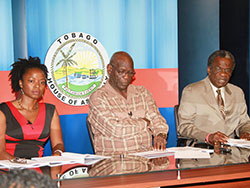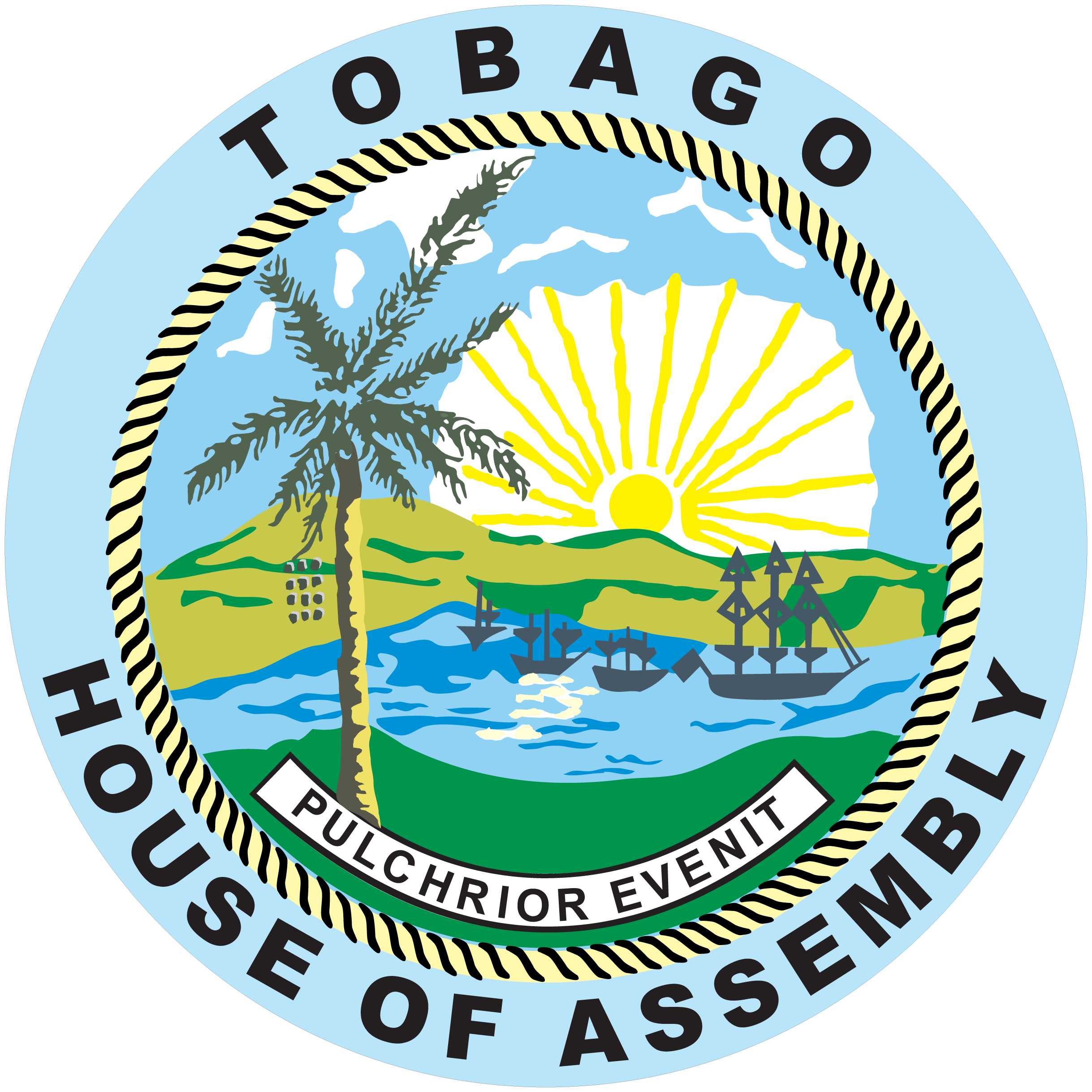
The commission headed by former Chief Administrator Allan Richards said in its 89-page report presented to the Assembly on Monday acknowledged that it was the clear desire of the people of Tobago for such a constitutional model for governance for the two islands and it agreed that this system more adequately provided for the structure of governance for which the people were clamouring than which currently applied.
Other members of the commission were community worker and psychotherapist Dr Verne Alleyne, attorney Deborah Moore-Miggins and Senior Counsel Gilbert Peterson. They were appointed in March “to examine the proposed constitutional amendments in relation to Tobago, for conformity with the wishes of the people of Tobago”. The commission considered the Attorney General’s Green Paper, the two THA Bills and reports and submissions of the Dr John Prince Working Party as well as from other sources.
Their report includes the Constitutional Amendment (Tobago) Bill, a THA Bill to replace the existing one and the Federal Constitution Bill.
The commissioners said: “A truly federal structure would require a similar government for Trinidad as is being proposed for Tobago and a national government straddling both governments as the supreme or federal government. There would be two legislatures for both islands and a federal Parliament at the apex for both. In the federal bodies there would be equal representation from Trinidad and Tobago,” the report said.
It recommended that the full mix of budgetary measures appurtenant to Tobago should include a grant element, ability to impose taxes, ability to raise loans and revenue sharing formula for resources found in Tobago’s marine area. It further recommended the appointment of a Fiscal Review Commission that would address the equitable sharing of revenues between the islands.
The commissioners noted that without the benefit of conclusive legal, political or judicial determination, they sought to demarcate each island in this sovereign democratic state based on internationally recognised principles and recommended that the issue be addressed as a matter of urgency between the central government and the THA, and should political resolution fail, a judicial declaration may be the only alternative.
It noted that none of the proposals from the public had addressed the issue of having an equivalent term of office of the THA to the central government and said it intended to seek further discussion on this matter when it consulted with the people.
In relation to the recall system of representation it said it did not recommend this initiative but proposed that the People’s House have the authority to commence legislative moves for referenda, and public initiatives that will serve the purpose of oversight of the Legislative Assembly; it proposed that it will hold further consultation on this matter when it engaged the people.
The Commission also recommended the establishment of a second chamber that will consist primarily of community, civil society and business representatives. This chamber will have oversight and veto authority over some aspects of the decisions of the Executive Council and the Legislative Council; the public will be allowed to introduce bills through in this People’s House for debate and passage in both houses.
It recommended that the status quo for qualifying to be a candidate in an Assembly election be allowed to continue and that the period of two years’ residency in Tobago as being reasonable for qualifying to be a member of the Assembly. The commissioners found that the residency requirement for electors of four years proposed by the present THA bills to be onerous and proposed a one-year period instead.
The commission’s report strongly recommended that as a matter of urgency, the Prime Minister and the Chief Secretary observe the requirements of section 31 of the THA Act as the approach to date appeared to be at cross-purposes. It further recommended that a schedule of meetings be planned to satisfy the legal mandate of section 31 and that the heads meet regularly to pursue the objectives of this section.
